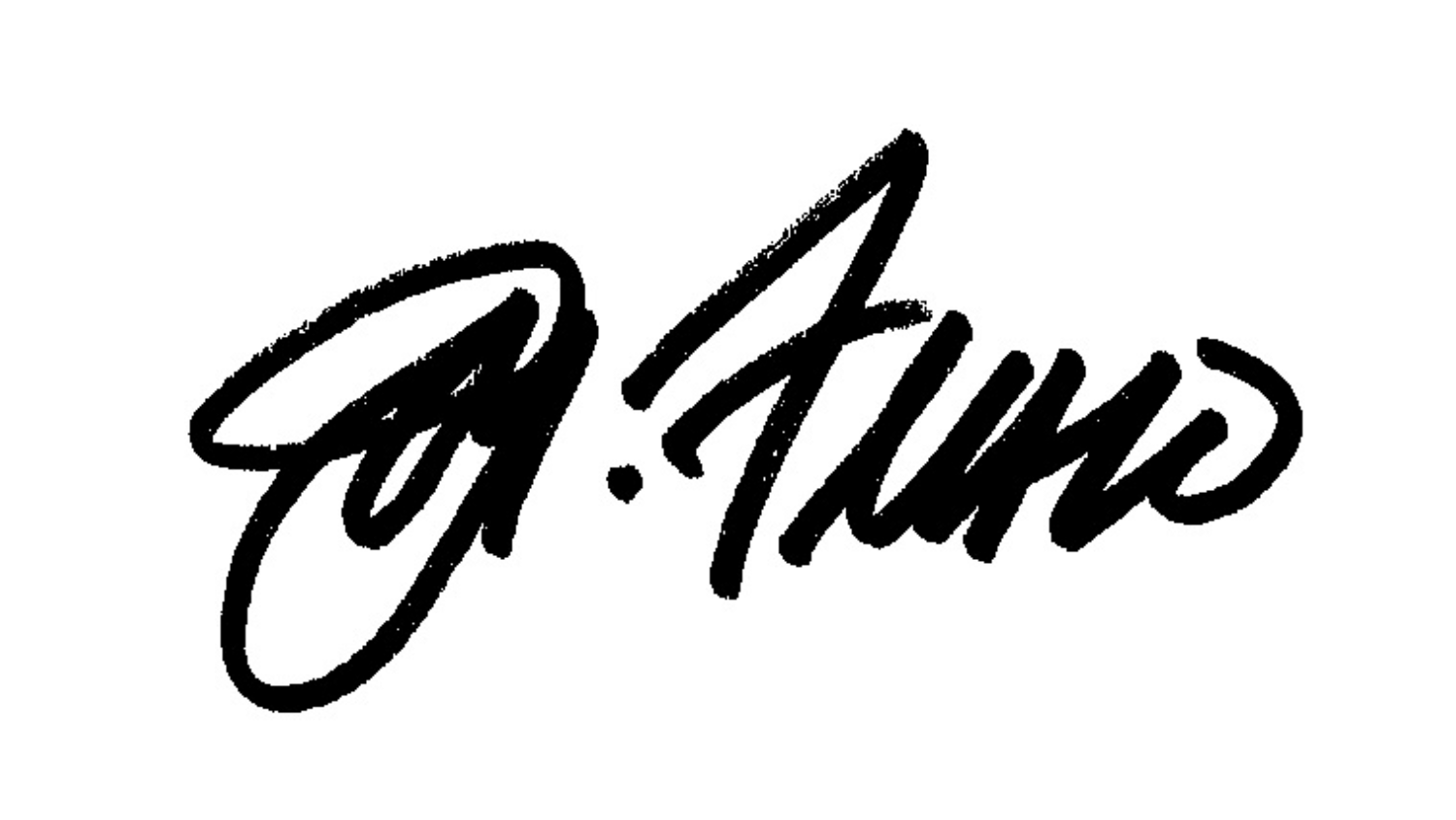We know so much, and have studied so much, and have imagined so much about what great leadership looks, smells, and acts like.
And yet.
And yet, we’re not very good at it, are we? As many people in organizational life often — painfully — suspect, we haven’t quite mastered it. This is not a criticism or a breathless statement of crisis. It’s just an observation.
Leading well is tough. As much as we love the idea of leading, and as full as our heads are with the knowledge and techniques of leading, it’s very difficult to do. Despite our attempts to quantify, analyze and simplify it in the laboratory, out in the wild it is a shadowy creature, escaping the traps we set for it.
The mystery, however, is not about what we still need to learn or invent about good leadership practice and behavior.
The mystery is this: why, with all we know, with all our wonderful, good and true knowledge, do we too often fail to realize the ideals of leadership in ourselves and in our organizations?
All of these approaches to leadership and personal growth, to their credit, describe a kind of utopia, where purpose, teamwork, success and joy flow like milk and honey. Why, then, do we have such trouble reaching this promised land? Where is the flaw?
Why, blessed with an abundance of insight and intellect about effective behaviors and principles of personal growth, are we unable to sustain the change and effectiveness we seek?
Why do we continue to struggle with results we don’t want or intend (but, nonetheless, our behavior and choices are perfectly designed to produce)? Why, after all those books and seminars, nothing seems to be different, or our progress is painfully slow?
Why do we find it so hard to change, when we know we should and we know what it’s supposed to look like?
Why do we mess it up?
We are addicted to cheap leadership.
At worst, we pursue this addiction intentionally. This intentional, or conscious, form of cheap leadership can be the cynical exercise of certain management behaviors that are a form of abuse, but what we claim are designed to “solve problems,” “get results,” or “win.” It can also be those behaviors we’ve simply learned or observed, and which we have come to believe without question are the best way to organize and conduct daily business.
More commonly, but no less toxic, we are simply unconscious of both the addiction and its consequences. Our intentions are good; we simply don’t realize what we’re doing, and why, nor do we always immediately notice the damage done.
Either way, cheap leadership is the biggest threat to our personal growth, an enabler of our ineffective behaviors, and a stumbling block to our success as leaders.
Cheap leadership mires our organizations in mediocrity, or worse. It erodes performance and sustainability. It steals, often silently and invisibly, from our bottom line.
Cheap leadership smothers the happiness and enjoyment of work, and the fulfillment that all of us — leaders and followers — seek in organizational life.
Our addiction to cheap leadership chokes the creativity, energy and problem-solving skills of everyone around us. It frustrates and weakens. It annoys and deflates.
Cheap leadership is poison.
